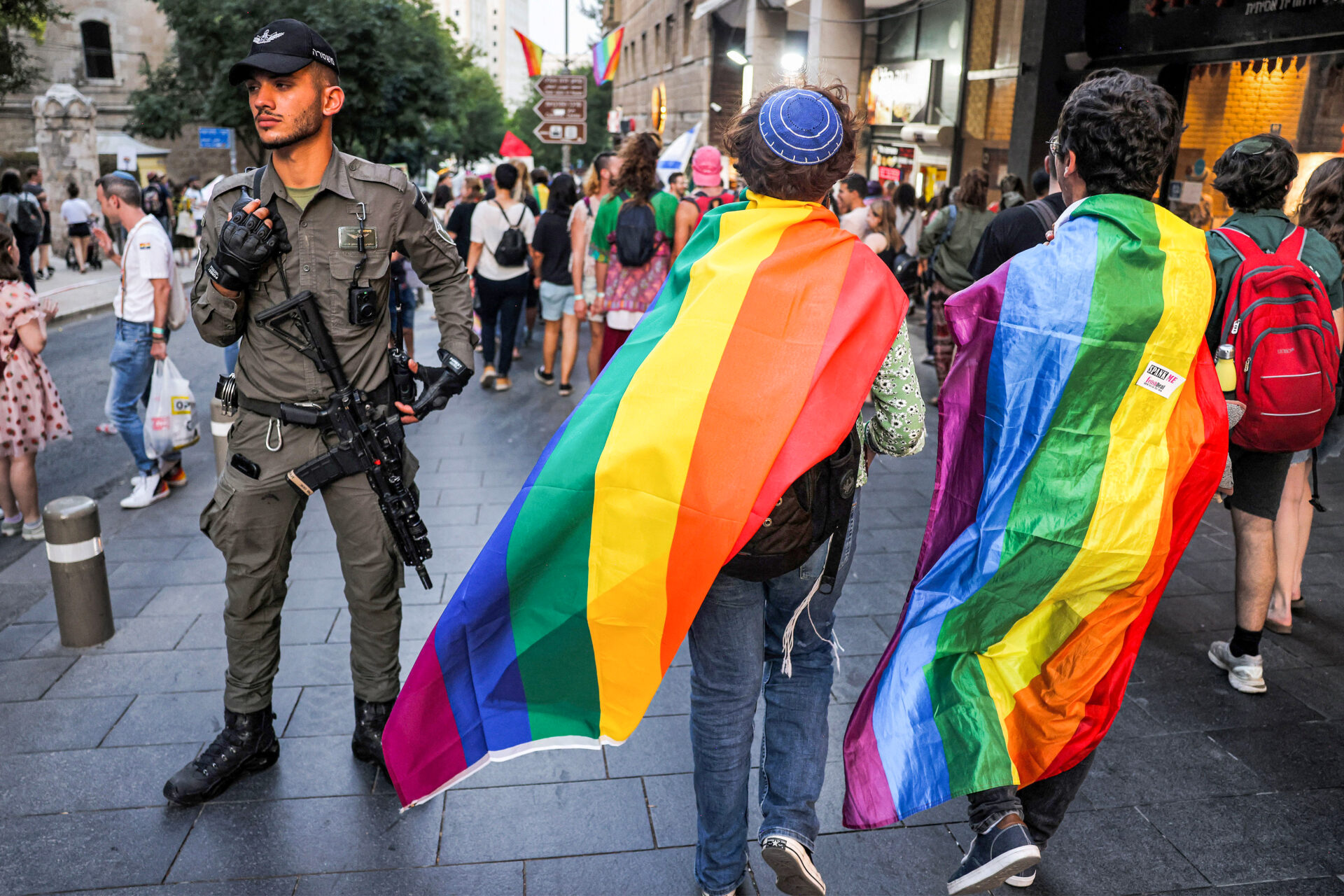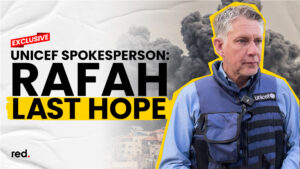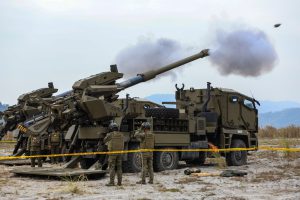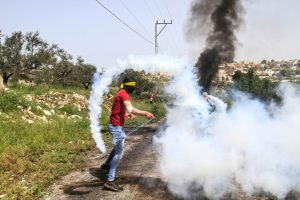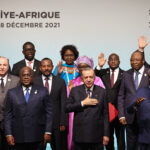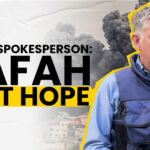As Israel continues to use a myriad of social issues to attempt to whitewash its war crimes and settler-colonial expansionism. Adam Haj Yahia, a Palestinian activist and researcher, explains how Tel Aviv weaponizes the struggle of queer communities and how this affects Palestinians.
What is Israeli pinkwashing?
Pinkwashing is a colonial tool that seeks to divert attention from Israeli colonialism, military occupation, violations of international law and extreme violence used towards Palestinians. It seeks to divert this attention in order to focus on the fact that Tel Aviv, for example, is a gay haven for international queer communities. These beaches and clubs, and these hotels and resorts, are all built on ethnically cleansed Palestinian villages, towns and cities.
PINKWASHING IS A COLONIAL TOOL THAT SEEKS TO DIVERT ATTENTION FROM ISRAELI COLONIALISM, MILITARY OCCUPATION, VIOLATIONS OF INTERNATIONAL LAW AND EXTREME VIOLENCE USED TOWARDS PALESTINIANS.
How does pinkwashing affect Palestinians inside and outside Palestine?
Israel paints itself as the Gay heaven for LGBT and queer communities in general, and it continuously paints Palestinian society as a regressive, savage and violent one. So in this sense, it really forcefully internalizes the idea and the notion that Palestinian society can never accept Palestinian queer communities and that Palestinian queer folks can never be integrated within their society and that they are not even part of the society.
Part of Israel’s colonial aggression towards Palestinian society is also the advocacy of liberal values towards a more international crowd and the international community circle. So, Israel continuously tries to improve its image. It’s very much a systematic and institutional effort, very much funded, state-funded, to continuously improve the image of Israel internationally. This is done through several tactics and policies. One of them is pinkwashing, one of them is greenwashing for an environmentalist discourse, and then there is whitewashing, and the list goes on.
Does Israel have a different approach towards Queer Palestinians?
Israel’s approach towards queer Palestinians is that it kind of situates itself in a way where it is viewed as the only savior for queer Palestinians. Israeli soldiers don’t knock on a Palestinian’s door and ask about their gender and sexuality, and then tell them to leave their house before they demolish it. They don’t ask someone about their gender and sexuality when they shoot them.
How does pinkwashing paint Palestinian queer communities, and civil society at large?
A lot of Eastern and Globally Southern societies and communities, as well as Muslim communities, are constantly painted through a monolithic lens. We are painted as regressive societies, violent societies, towards women and queer people, as societies that are intolerant of different sexual and gender experiences and attitudes, which is very much entrenched in colonialist, Islamophobic, anti-Black and anti-Arab rhetoric. Colonialism is actually what brought these beliefs to our communities. I mean, a lot of communities that have been colonized by France, Britain and other European and American governments, and imperial powers, have been, in fact, affected tremendously by patriarchal colonialist beliefs.
Does the Palestinian Queer experience differ from what Israel tries to promote?
There is no one approach to accepting, or oppressing, or dealing with Palestinian queer gender and sexuality. You would find a lot of families that accept their children, that accept their queer and trans family members, relatives, and friends. And you would find cases of oppression where a lot of queer people are facing isolation, seeking independence without any help from their family, struggling with sustaining a safe and secure lifestyle. So we have this multiplicity of experiences within our society and we are trying to kind of understand who we are, understand our struggle, to be more inclusive, to fight for more radical liberation.
Our struggle for liberation is very much embedded in humanizing our society at large, showing the multiplicity of experiences that we have, showing the differences and the richness of Palestinian experiences within our society, and also trying to mobilize to combat the colonial fragmentation, oppression and patriarchal violence that we face as individuals.

